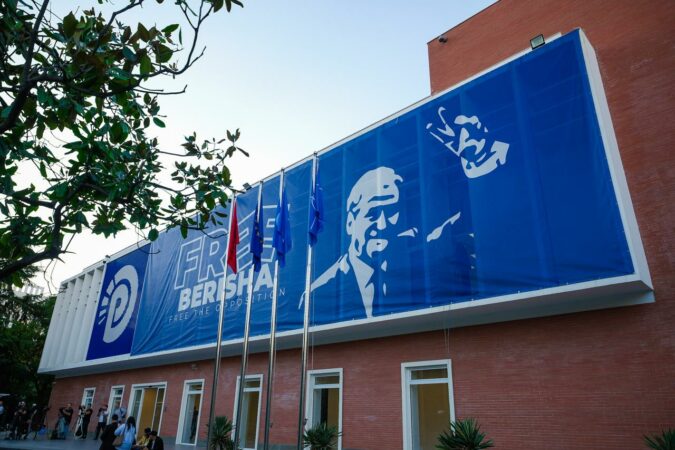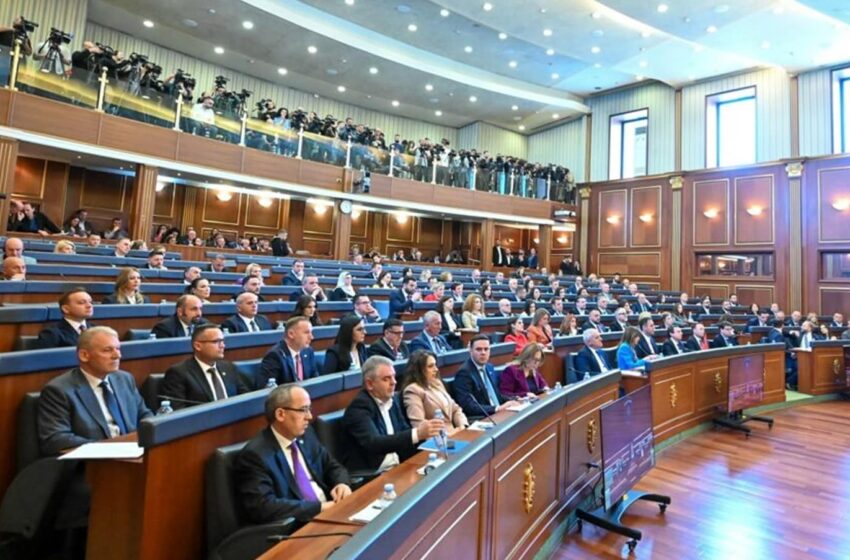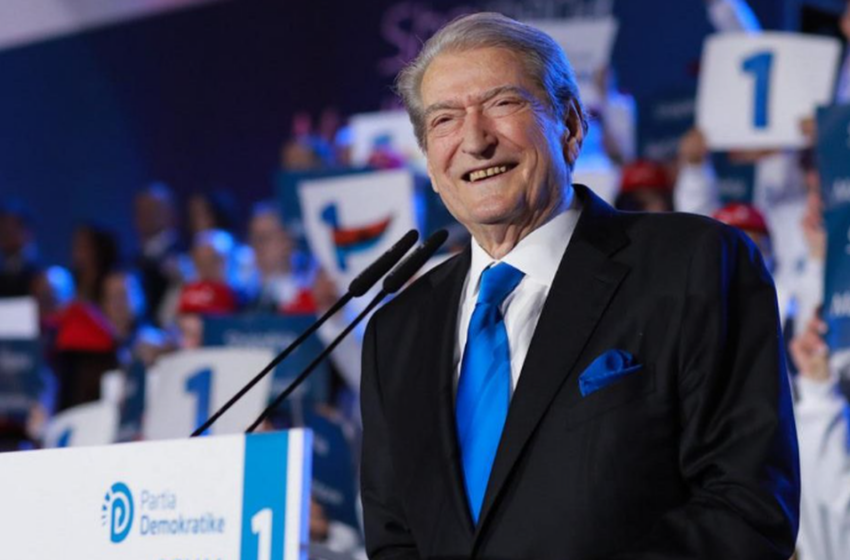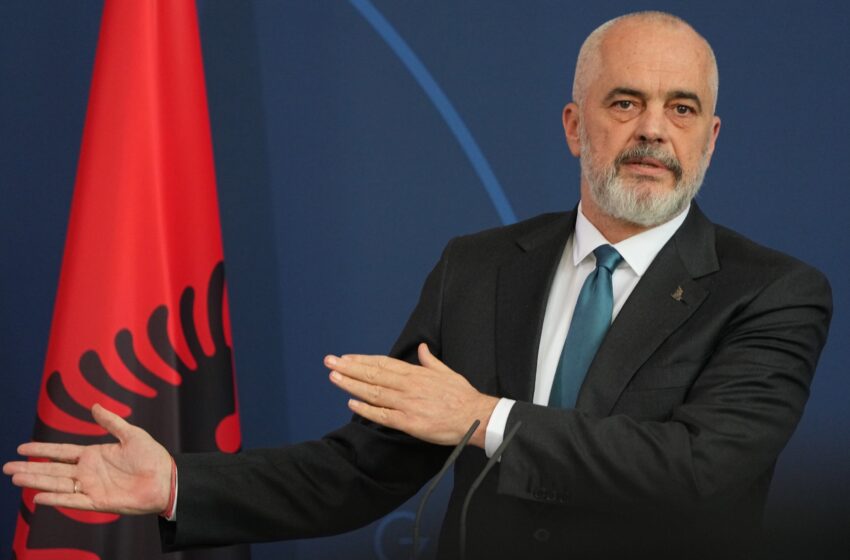Democratic Party admits protest did not live up to expectations, vows escalation amid growing criticism

Senior representative of the Democratic Party (DP) Belind Këlliçi was the first party representative to acknowledge publicly that the October 7 protest failed to meet expectations. However, instead of reassessing their approach, DP are doubling down on plans to expand and intensify future demonstrations. Despite internal frustration and external criticism, party reps insist they are committed to a more aggressive path.
Why is this important: The admission from within the DP that the protest did not have the desired impact simply confirms a general perception that the violent protest strategy is a dead end. The party’s decision to escalate protests, despite this failure, suggests that the leadership is increasingly prioritizing confrontation over constructive political solutions.
Plans for escalation: The former DP candidate for mayor of Tirana, Belind Këlliçi admitted that the recent protest did not generate the level of disruption or force they had hoped for. “It wasn’t within our expectations. The protest should have been tougher,” he said, revealing the disappointment felt within the party.
However, instead of a course correction, the DP has announced plans to escalate their protests, expanding them to all 12 regions of the country. The approach moving forward will involve “stronger” and “more widespread” actions, indicating an intent to increase the level of confrontation with the government. This escalation, DP reps argue, is the only way to challenge what they label as a “narco-state.”
Frustration and threats: The party’s dissatisfaction is not only directed at the government but also at segments of the public that did not join the protest. Edi Paloka, veteran Democrat MP and Chair of the DP National Council expressed anger at those who kept their businesses open during the demonstration, warning that future protests might result in damage if these establishments do not close in solidarity with DP. Describing how one Molotov would be enough to destroy a bar, he added that “I won’t stop the youth from reacting next time.”
Insistence on a failing strategy: Despite facing criticism from within Albania and growing international isolation and condemnation (LINK LAJMI PER REAGIMIN E CDU/CSU), the DP appears unyielding in its decision to continue down a path that has produced no political success over the last decade. This persistence, despite repeated failures, has led many to question whether the real motive behind the protests is achieving political reform or protecting the personal interests of the DP’s leadership.
Sali Berisha’s legal troubles as a possible driver: DP leader Sali Berisha has remained at the center of the protests, using the demonstrations as a platform to call for a technical government to oversee free and fair elections. Berisha has framed the protests as a necessary response to what he describes as a corrupt regime led by Prime Minister Edi Rama. He has also condemned the police response to the demonstrations, warning that the people will eventually dismantle Rama’s government if he does not step down.
Berisha’s involvement has sparked speculation that the protests are less about political reform and more about his and his family’s legal troubles. Berisha has been placed under house arrest. Alongside his son-in-law, as part of a corruption investigation by Albania’s Special Anti-Corruption Structure (SPAK) and has been declared persona non grata by the US and UK for alleged corruption and links to organized crime. There are suspicions that his leadership of these protests is motivated by a desire to protect his political career and avoid legal consequences. Berisha has consistently rejected these accusations, claiming that international observers have been misinformed about the situation in Albania.


